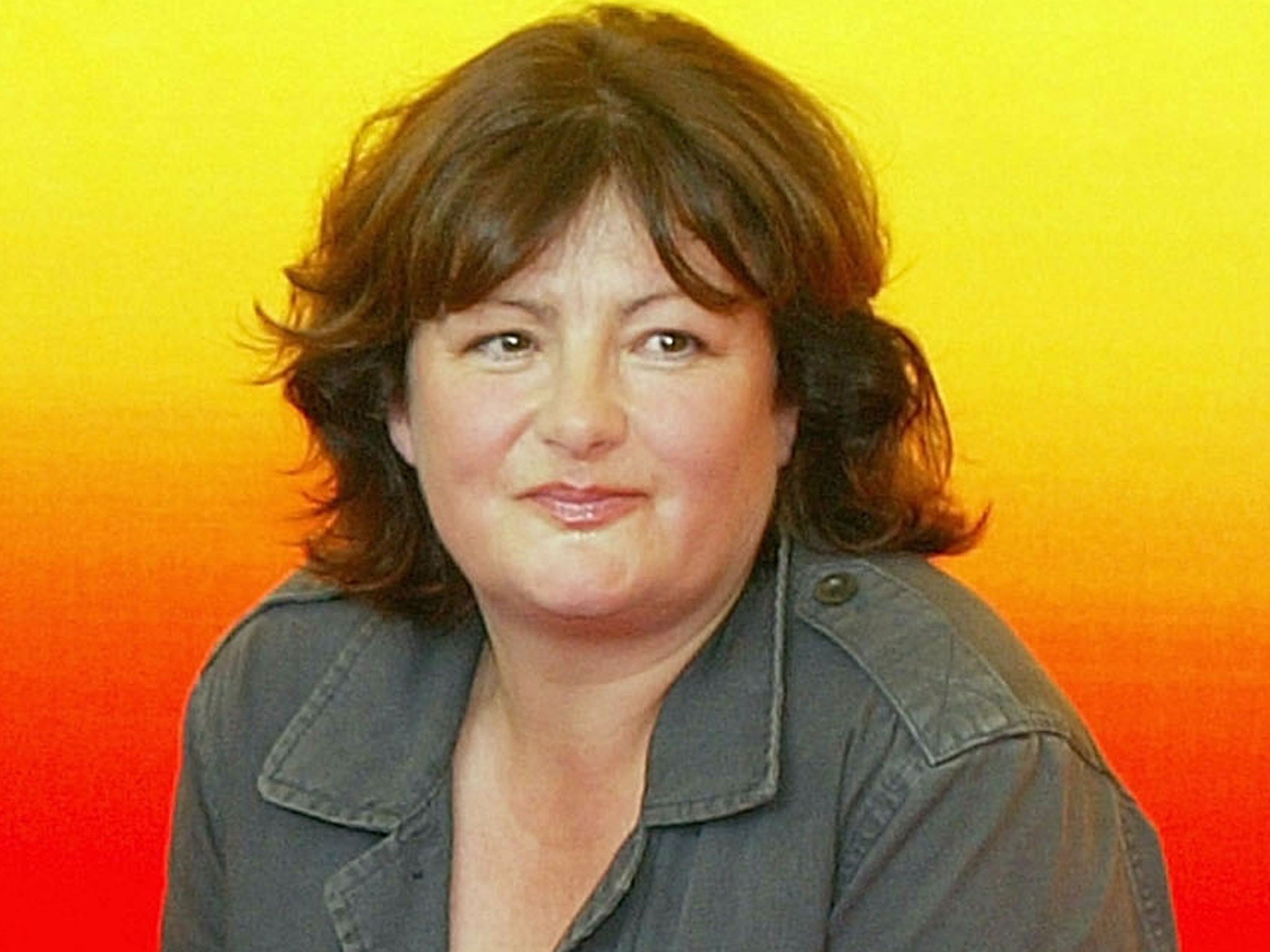From EastEnders to horror, Antonia Bird’s realism shone out

Your support helps us to tell the story
From reproductive rights to climate change to Big Tech, The Independent is on the ground when the story is developing. Whether it's investigating the financials of Elon Musk's pro-Trump PAC or producing our latest documentary, 'The A Word', which shines a light on the American women fighting for reproductive rights, we know how important it is to parse out the facts from the messaging.
At such a critical moment in US history, we need reporters on the ground. Your donation allows us to keep sending journalists to speak to both sides of the story.
The Independent is trusted by Americans across the entire political spectrum. And unlike many other quality news outlets, we choose not to lock Americans out of our reporting and analysis with paywalls. We believe quality journalism should be available to everyone, paid for by those who can afford it.
Your support makes all the difference.For a time Antonia Bird, who died on Friday, seemed a natural successor to Ken Loach. She moved easily between the worlds of TV and film. Her work shared much of the polemical energy of Loach at his best, and a similar realist style. She was just as versatile as Loach, too.
Look through her credits and what leaps out is the extraordinary range of film and TV drama she has tackled. Her oeuvre includes episodes of EastEnders and Casualty, horror movies, thrillers and social realist drama. She has directed for theatre. She has made documentaries. She has been active as a producer. Together with the actor Robert Carlyle, the writer Irvine Welsh and the filmmaker and critic Mark Cousins, she ran 4Way Pictures.
Critics pointed to her “skill with actors and sharp ear for the rhythms of British street-speak”, skills refined in British TV drama.
Bird first came to prominence as a filmmaker with Safe (1993), a hard-hitting drama about two homeless youngsters.
Her next feature, Priest (1994), scripted by Jimmy McGovern and starring Linus Roache, was an intense drama about a troubled Catholic priest.
There was the distraction of a move to Hollywood, where she made Mad Love (1995). Starring Drew Barrymore, the film was certainly a long way removed from the gritty realism with which she made her name in Britain.
In 1997 Bird made Face, a heist thriller set in London’s East End with an intriguing cast that included regular collaborator (and future business partner) Robert Carlyle, Ray Winstone and Blur’s Damon Albarn. On the surface, it may have seemed like just another of the gangster movies the British were turning out in such profusion. However, the Ronan Bennett-scripted film had a probing, downbeat attitude toward political change in a post-Thatcher Britain where the unions had been smashed and socialist ideals fatally compromised.
Bird followed Face with perhaps her most incongruous film, the cannibal horror picture Ravenous (1999), again starring Carlisle, this time alongside Guy Pearce and David Arquette. An admiring Roger Ebert called it “a darkly atmospheric film about an epidemic of flesh-eating and the fearsome power that it brings” and noted with some amazement that the director of such bloody fare was a vegetarian.
More recently, Bird continued to work for British television. Care (2000) was a Bafta-winning drama about sexual abuse in children’s homes. Her 9/11 TV docudrama The Hamburg Cell (2004) was screened widely at film festivals. She produced Faith, a drama series directed by David Thacker and looking at how communities and families were ripped asunder during the miners’ strike of 1984. She also co-directed A Passionate Woman (2009) with writer Kay Mellor.
In a period when female filmmakers were in relatively short supply in the UK, Bird was an inspiration. As she told Sight and Sound magazine at the time of Face: “I think there’s an attitude that women don’t do blood and guts and action, which of course is nonsense.” Her warm words about Ken Loach could just as well apply to herself. She too stuck to her beliefs and made films about “things that matter deeply to our society”.
Join our commenting forum
Join thought-provoking conversations, follow other Independent readers and see their replies
Comments